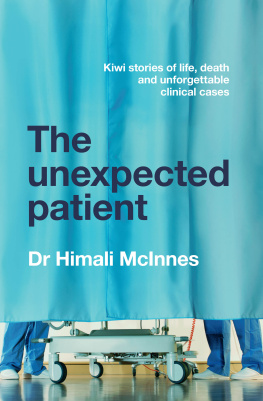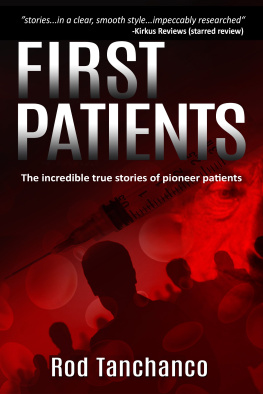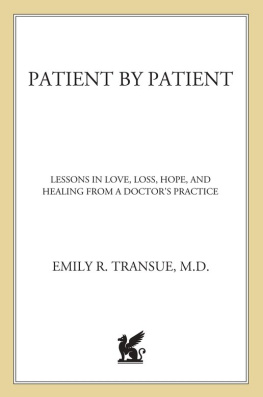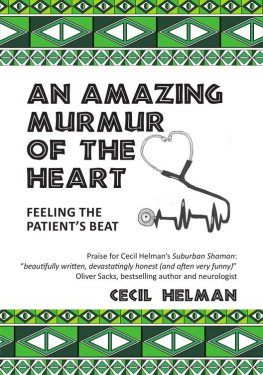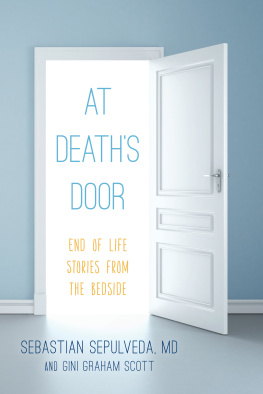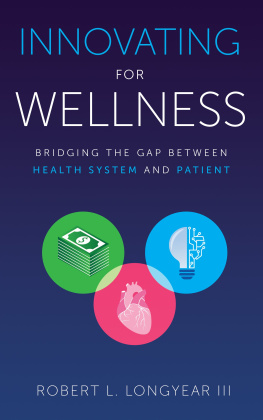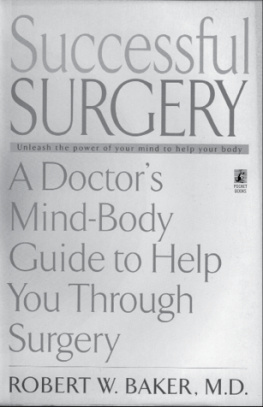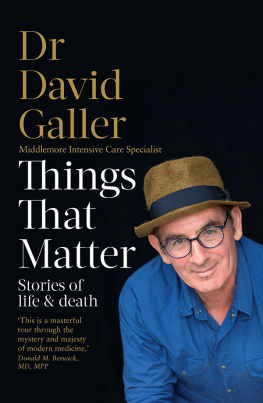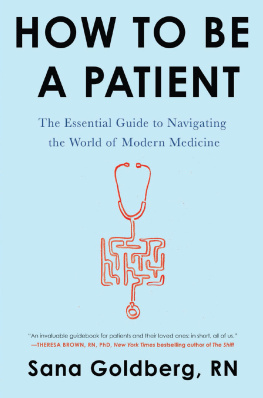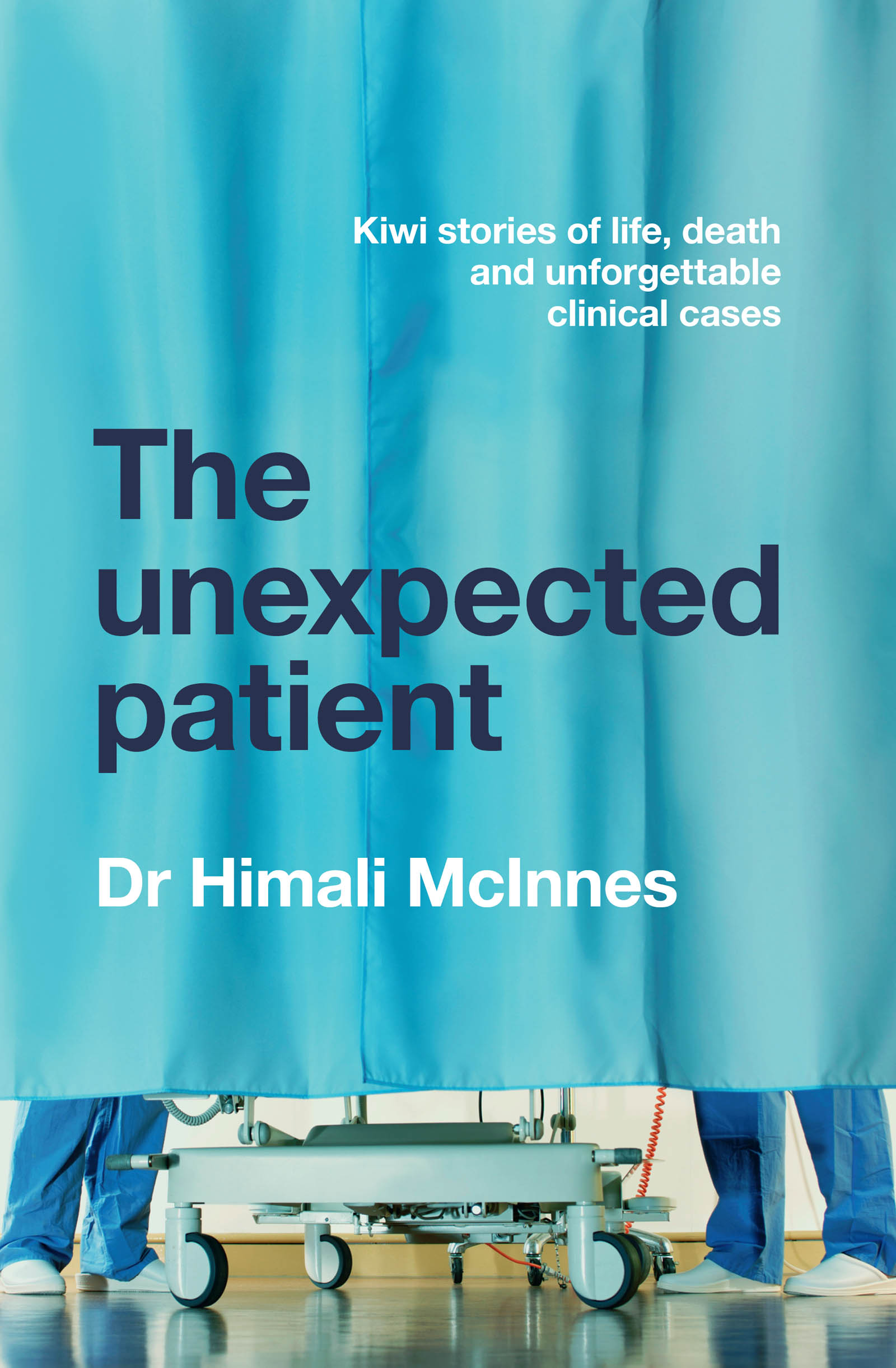CONTENTS
HIMALI McINNES is a family doctor who works in a busy Auckland practice and in the prison system. She writes short stories, essays, articles, flash fiction and poetry. She has been published locally and internationally. She was the inaugural Verb Wellington Writers Resident in October 2020. Her writing, whether fiction or non-fiction, often explores the theme of otherness. Himali is also a keen gardener, beekeeper and chicken farmer. She is obsessed with dogs and books.
Contents
Guide
HarperCollinsPublishers
Australia Brazil Canada France Germany Holland Hungary
India Italy Japan Mexico New Zealand Poland Spain Sweden
Switzerland United Kingdom United States of America
First published in 2021
by HarperCollinsPublishers (New Zealand) Limited
Unit D1, 63 Apollo Drive, Rosedale, Auckland 0632, New Zealand
harpercollins.co.nz
Copyright Himali McInnes 2021
Himali McInnes asserts the moral right to be identified as the author of this work. This work is copyright. All rights reserved. No part of this publication may be reproduced, copied, scanned, stored in a retrieval system, recorded, or transmitted, in any form or by any means, without the prior written permission of the publisher.
ISBN 978 1 7755 4170 7 (pbk)
ISBN 978 1 7754 9201 6 (ebook)
A catalogue record for this book is available from the National Library of New Zealand
Cover design by Darren Holt, HarperCollins Design Studio
Cover image by Chris Whitehead / Getty Images
Author photograph by Alex Carter, One AM Creative
Ko te kaha kei te tinana, ko te mana kei te wairua.
The strength is in the body but the power is in the spirit.
For the last decade, I worked full-time as a GP. The rigours of general practice the pivot shift to a new patient every 15 minutes, the holistic and relational long-term care, the gratitude of patients are exhilarating. I utterly love being a GP. I also utterly love words. But full-time general practice meant that by the time I got home, I was leached of the mental energy needed to write. Im definitely a morning person, and I probably photosynthesise for energy. Im also an introvert. Post-work evenings saw me at a low ebb.
In mid-2019, I decided to work part-time in order to let word-bursts form at will. Then the Covid-19 pandemic happened, making 2020 a frightening and destabilising year for many. At no other time in history has both information and misinformation travelled so quickly. We collectively weighed the rights of the community versus the rights of the individual as we made choices over how we should act; meanwhile, the anxiety surrounding this virulent suckered pathogen glued us to our lit-blue screens for hours.
But with change can come unexpected opportunity.
By March 2020, as New Zealands cases increased, general practice clinics reached a fever pitch of busyness. Colleagues fretted about the impending pandemic, about being on the front line with not enough protective gear. People stockpiled paracetamol and toilet paper. Then, as our strict lockdown was announced, general practice switched from traditional to mostly virtual consults. Clinics scrambled to set up telehealth services, and patients either contacted us from their homes or avoided bothering us altogether, concerned wed be overrun with pandemic cases. Just like that, the swell of patients in our waiting rooms dwindled to a trickle. It was a peculiar chiaroscuro effect the almost absurd opposite of normality.
At that time, Steve Braunias, silver-haired wizard of words, asked me to pen my thoughts on the effects of Covid-19 on general practice. For someone who reserves a particularly acerbic wit for the dotards of public life, Steve is also a kind and encouraging veteran to nascent writers like myself. Thanks to him, I wrote two essays for Newsroom, and then the idea for this book of medical stories emerged.
* * *
When I first graduated from the University of Aucklands School of Medicine, my head was full of facts, my hands scrambled to learn new skills and a fistful of fears anointed my daily practice. There was, for instance, the constant fear of making a mistake that might cost a life. Or of fainting onto the operating table while assisting a surgeon in theatre. Mostly, there was the anxiety of not performing to the expectations of senior colleagues. Being thrust into the thick of it during an overseas stint in the UKs NHS as a neonatal and paediatric registrar was hair-raising, but also fostered confidence. Once youve managed to get an intravenous (IV) line into a tiny hand, its skin as soft as butter; slipped an umbilical arterial catheter into a miniature abdomen; or aimed an endotracheal tube at a minuscule glottis and succeeded with its correct placement, you cant help but start to feel like a real doctor.
Although medical school was good at delineating the what of medicine, it has taken me years of being at the coalface to appreciate the why. Im still learning. My focus has shifted from a solipsistic standpoint, with medic firmly at the centre, to become much more patient-centred (although there are days when I am too tired or busy to practise the sort of medicine that is truly holistic or fulfilling). Over time, and with the benefit of hundreds of patient interactions, Ive started to think about the invisible things that push and pull at us. Its made me realise, time and again, that what I see on the surface of another human being is not the main thing, or the only thing. I try to keep this in mind with everyone I encounter; it is particularly pertinent during my shifts as a prison GP, where the patients childhood stories are so vastly different from my own sheltered, cosseted childhood that I find it hard not to cry.
As my focus has shifted, Ive noticed that it is not knowledge and skill alone which are important to patients. Instead, the sauce that begets richness is relationship. Kindness, compassion and appreciation of all the non-medical things that patients deem important and which leverage their health much more than pills.
Each medicpatient encounter described in The Unexpected Patient is profoundly affected by the unseen. By the things we carry: our beliefs, our experiences, our stories, our desires. By the patients personality, but also by the life stories of their medical carers. Ive long suspected that there is no such thing as a black-and-white diagnosis, or a perfectly dispassionate, factual and unemotional health professional. Our thoughts and feelings, our cognitive biases, do bleed into each consult, often without our conscious awareness.
* * *
There are 14 stories in total, which delve into each patients case (with interviews from the patient themselves where possible), a little about the medic, and an exploration of a particular theme that each brings up. Every one of the patients has affected their health practitioner in unexpected ways, be it a nurse, doctor or trauma therapist. Some encounters were brief but powerful, and remained burnt into the medics memory for years afterwards; others did not seem that significant at the time, but became resonant with meaning later on.
Generational trauma and injustice affect people in enduring ways, not just economically but also through health, housing and even the function of our genetic code. This is at the heart of my own story of patient-triggered change. Its about a medic who was initially blind to the ills of colonisation, but who started to recognise the systemic issues that impacted her patient. My patient, after reading through their chapter, sent me this note: Doc, thank you for listening to my story. You made it easier for me in letting go of other parts that I never thought possible.

